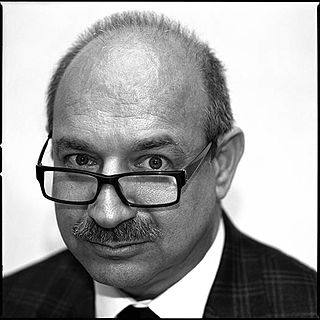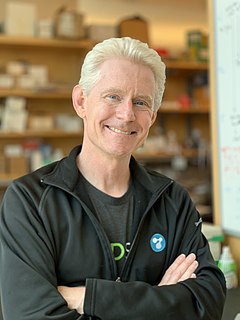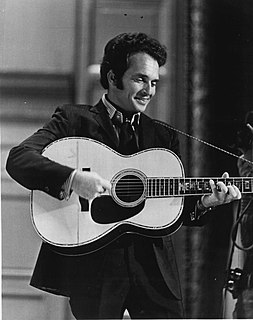A Quote by Pardis Sabeti
Unlike some viruses, we don't know what the natural reservoir is for Ebola. A lot of people think it's bats, but it's still very controversial; it could have been circulating in insects, in an environment, or in individuals.
Related Quotes
There comes a point in every story where you have got a reservoir of knowledge, and you are then really just adding the substantial new facts to your understanding of it. That is the easiest situation, because you can call on that reservoir, but when you get a sudden story out of nowhere, like ebola, you don't have a reservoir of knowledge.
I think Ebola is a great example of where the world really needs to come together. The three countries where this outbreak took place have had a lot of civil war, very weak health systems. And so, it did take a while for people to understand ....that eventually what we saw was a very unique Ebola epidemic. I think it is quite impressive what's being pulled together, and I think we will be able to get this under control.
Surveying the way viruses have been discovered in the past, I came to the conclusion that I could use my technology that I developed as a graduate student - DNA microarray technology - to create a chip that would simultaneously screen for all viruses ever discovered, and furthermore have the built-in capability of discovering new viruses.
In terms of sustainability and what we eat and what its footprint is on the environment and the consequences of eating one thing versus another, obviously it makes a lot of sense to be eating insects. They're incredibly plentiful. They've got a very short turnover rate. You could be eating termites.
We know there are certain types of viruses that are nasty - influenza, for instance, is an area that is not a blindside. But a lot of viruses have come out of nowhere, like H.I.V., or to a certain extent SARS. Because we know we have the potential to be blindsided, we really have to investigate the unknowns.
I think there's still a lot of room in 'Riverdale' for that. Asexuality is not one of those things, in my research, that is so understood at face value, and I think maybe the development of that narrative could also be something very interesting and very unique and still resonate with people and not step on anyone's toes.
In my life there were a lot of situations where I could have been killed or some officer might have been killed chasing me, a lot of things could be different. Now, you know that's experience you can't buy. And it's there in my rearview mirror and I can refer to it in my writing. I have the experience to talk about things some people only imagine.
You look at the road you could have taken, you know, I just think that's interesting... I've been on a lot of roads and I had to hitchhike on a couple of 'em... I have to be very honest: There's not an awful lot of regret in my life. I think that, you know, you learn from everything, and then, sometimes, you don't.



































